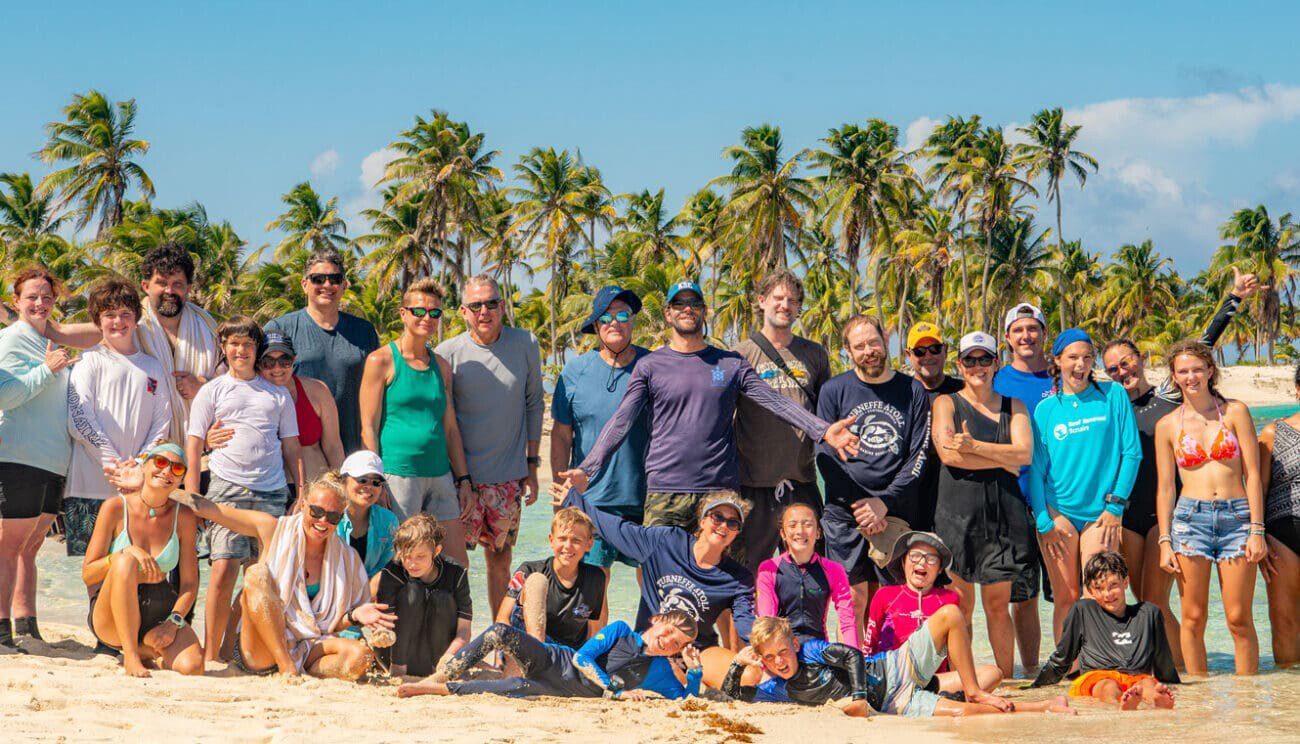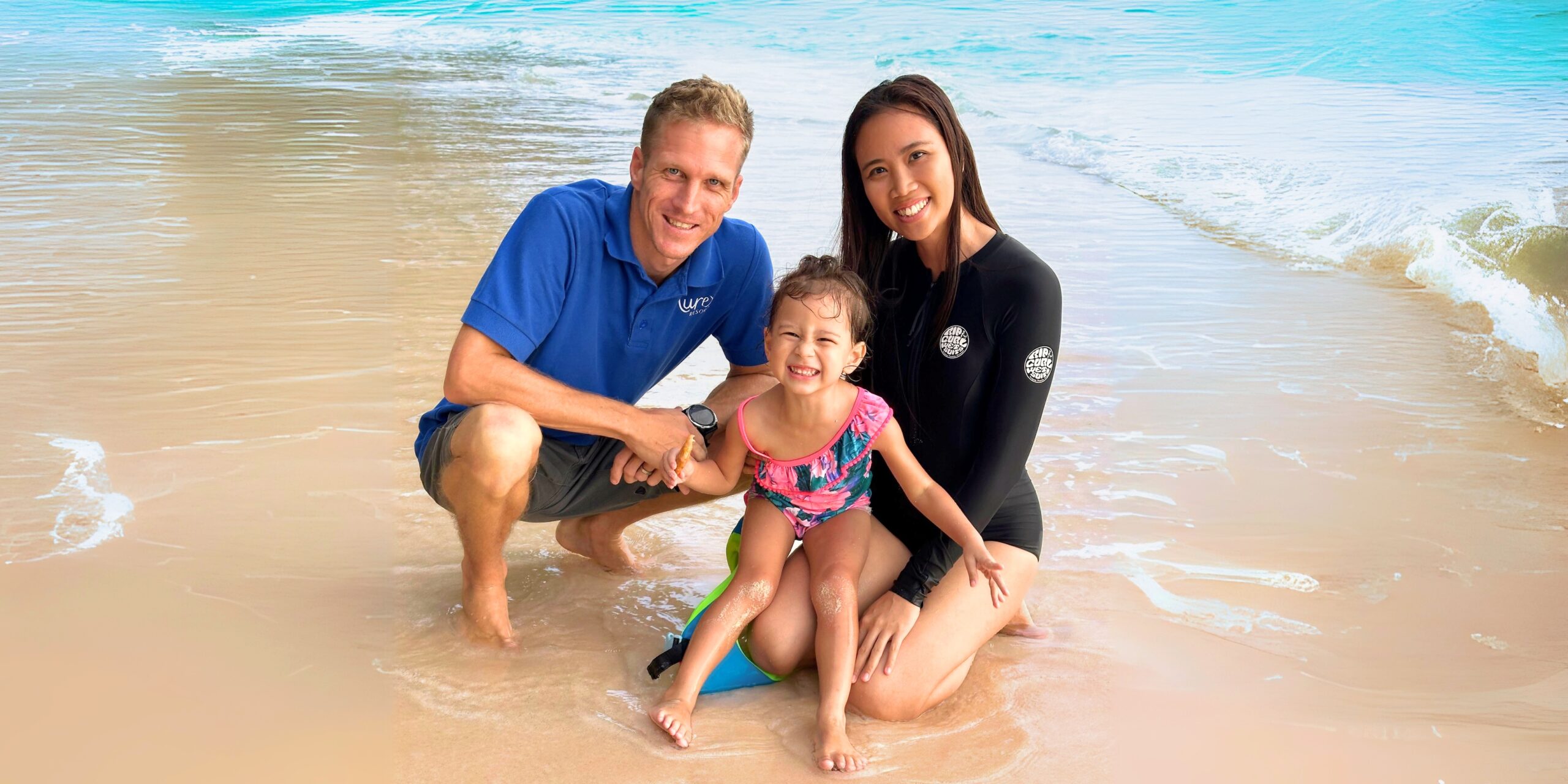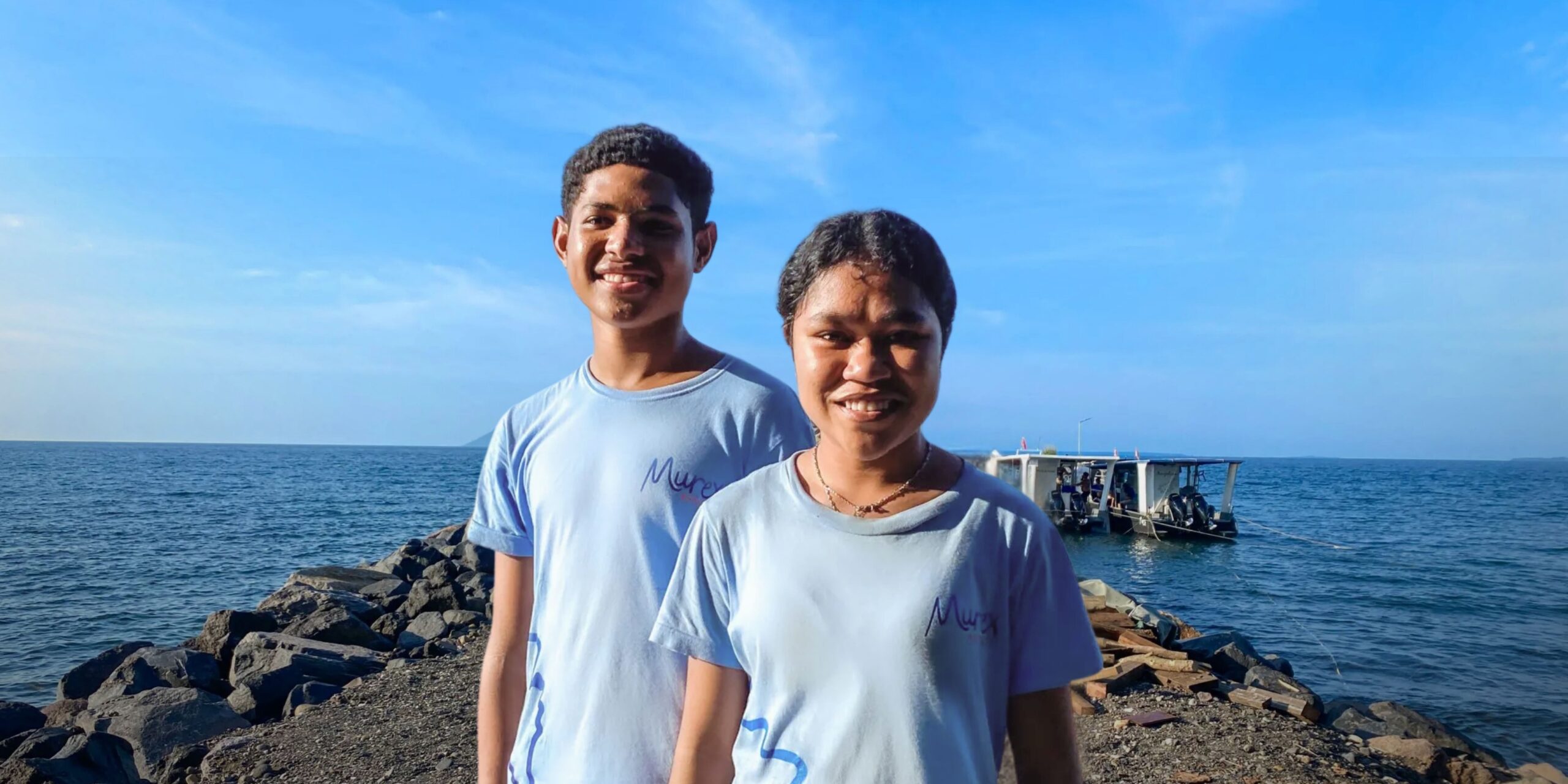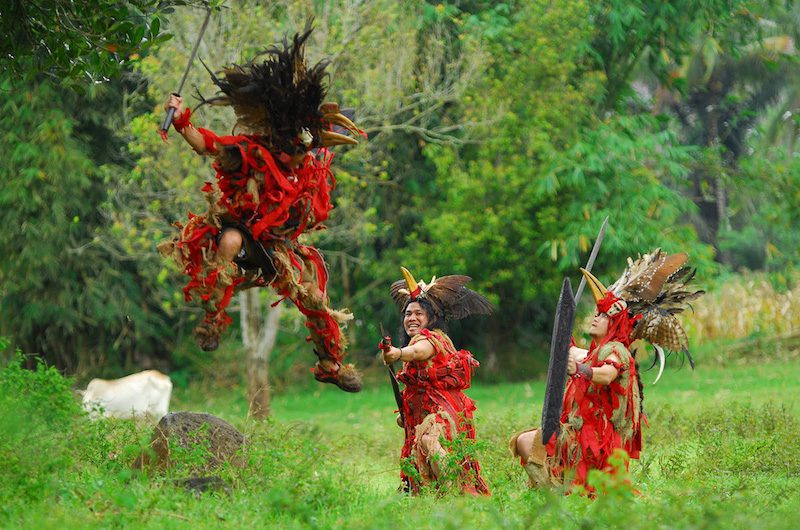
What is the Culture in North Sulawesi Like?
From wild volcanoes towering over lush, fertile, green plateaus to tropical white beaches and palm fringed islands; North Sulawesi is vibrant, colorful and rich with breathtaking natural beauty. In just under 14,000 square kilometers, North Sulawesi offers a diverse range of landscapes from volcanic peaks above the clouds to our stunning coral reefs beneath the sea.
North Sulawesi is the most north-easterly part of the strange, spidery looking Sulawesi land mass. North Sulawesi is divided into 4 districts: Manado Municipality, Bolaang Mongondow District, Talaud District and Bitung Municipality. Three main ethnic groups, the Bolaang Mongondow, Sangihe Talaud, and Minahasa. Notably, the Minahasa culture plays a prominent role in shaping the region’s identity. There are also several minority immigrant populations.
History of North Sulawesi
Historically, abundant crop and rice supplies made Manado a strategic port for European traders travelling to and from the spice islands of Maluku. The Spanish built a fort in Manado much to the distaste of Manado’s rulers who sought help from the Dutch in Ternate to overcome them.
The Dutch obliged and took control of Manado in 1655, built a fort of their own in 1658 and the last of the Spaniards were expelled shortly after. Dutch influence flourished in North Sulawesi and the people embraced the imported goods, culture and religion. In 1881 missionary schools were created in Manado and these were the first attempts at mass education in Indonesia. As anti-Dutch rebellions grew in Java, the relations between the Dutch and the Minahasans remained solid. This loyalty to the Dutch earned the people of North Sulawesi the nickname “Anjing Belanda,” meaning “Dutch dogs.
Dutch and Indonesian representatives signed an agreement on November 2, 1949, which provided for independence for Indonesia. Indonesia formally achieved its independence from the Netherlands as the United States of Indonesia on December 27, 1949.
Flora and Fauna
Tangkoko National Park
The lands of North Sulawesi are amongst the most fertile in the archipelago – nourished by volcanic ash and with near perfect growing conditions the green plateaus of the highlands and lowlands yield abundant supplies of rice, coconut, clove, nutmeg, vanilla, vegetables and coffee.
Annual temperatures range from 25 degrees to 28 degrees although temperature decreases with altitude (approximately 1 degree for every 200 meters above sea level). The dry season runs from April until October and the rainy season from November to March.
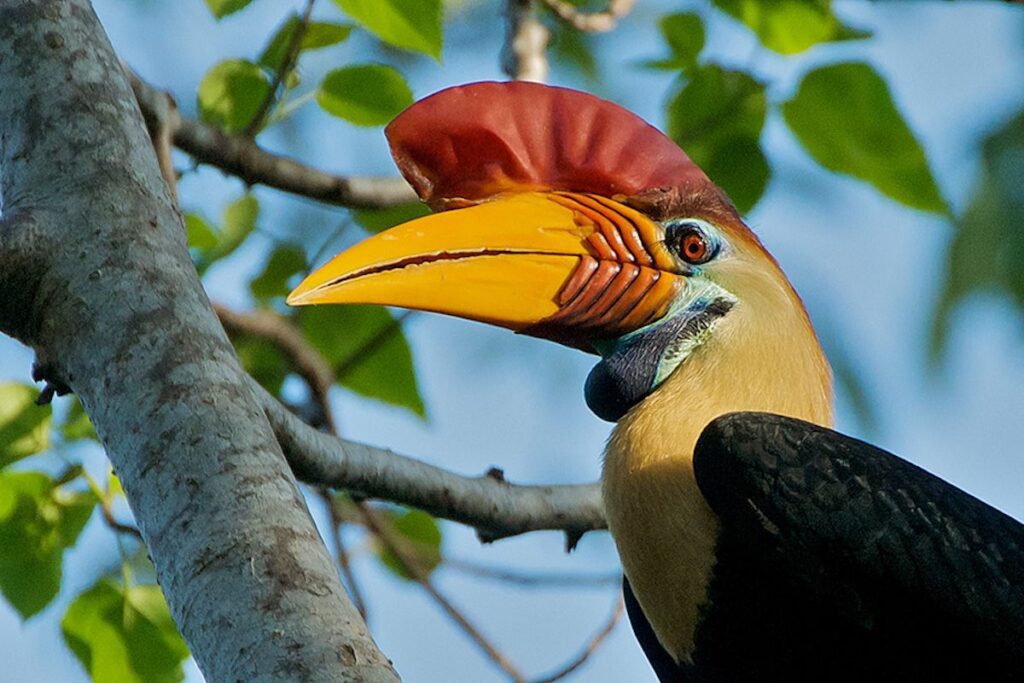
Endemic Species: Hornbill bird in North Sulawesi
It is not only crops that flourish here – North Sulawesi also boasts numerous indigenous species such as the ‘anoa’ (a dog sized, dwarf water buffalo), the tailless black macaque and the tiny tarsier which, despite having huge eyes, only grows to 10cm.
The Tangkoko Nature Reserve provides homes for many endemic bird species including hornbills, owls, kingfishers, maleo birds and the commonly seen giant fruit bat.
For a deeper dive into North Sulawesi beauty, check out Land Tours with Murex Resorts. This tour will take you to explore Tangkoko Nature Reserve or Minahasan Highland Tours.
Religion

Church tower and the Manado skyline at sunset
Manado’s population is just under 410,000, 64% of whom are protestant, 31% Muslim, 4% Roman Catholic and 1% practice Hinduism and Buddhism.
In Manado, churches appear all around the city. Religion here is important and almost all Christian families belong to a church and many small businesses still close on Sunday mornings.
Food
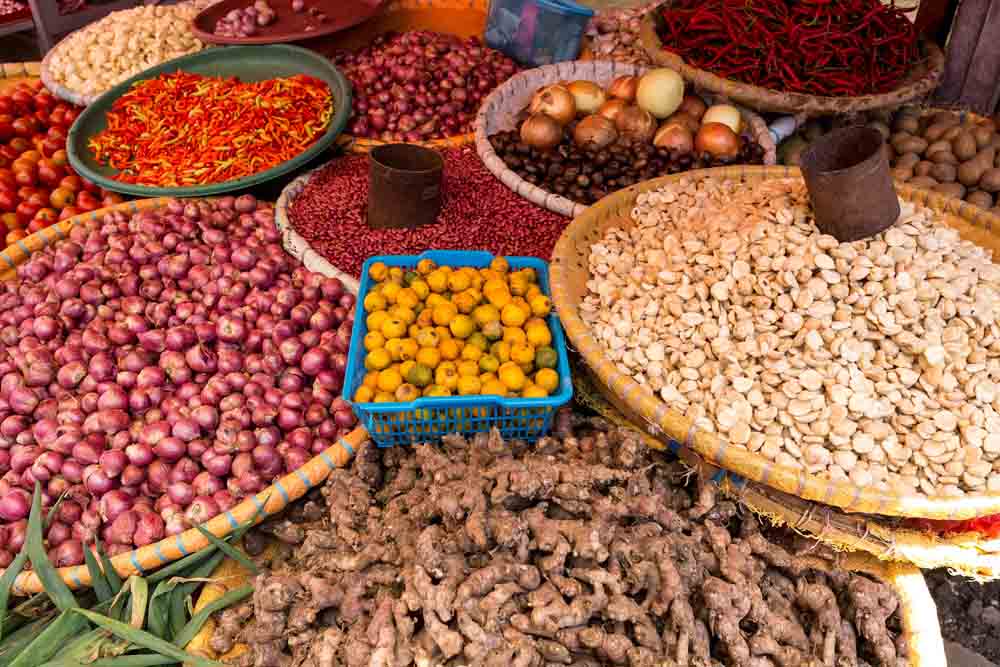
Spices & flavors on the traditional market in Tomohon in North Sulawesi.
Rice is the staple carbohydrate in North Sulawesi and given its abundance coconut is also found in many dishes. Bubur Manado is a traditional dish of rice porridge made with corn, smoked fish, greens and chili – it is widely believed to improve health and vitality!
Local cuisine is spicy with chili peppers at the heart of most dishes. Rica Rica (a local favorite) can be made with fish or meat and is cooked with spicy red chili, shallots, garlic and tomato.
While North Sulawesi offers unique dishes like Bubur Manado, explore the broader culinary landscape of Indonesia: Indonesian Cuisine and Cooking.
Music and Dance

Kabasaran War Dance in North Sulawesi
Music is huge in North Sulawesi’s culture. The people not only embrace modern music from pop and rock to country classics but they also have a rich history of traditional music. They even have their own instruments such as the ‘kolintang’ which is a type of wooden xylophone.
As in most parts of the archipelago, music would be nothing without dancing and the Minahasan traditional dances do not disappoint. The ‘Kabasaran’ is a traditional war dance that expresses patriotism, heroism and courage. That is one of the most impressive to watch as the men wearing red costumes with swords and shields leap and cry out to frighten their enemies.
Celebrations & Special Events
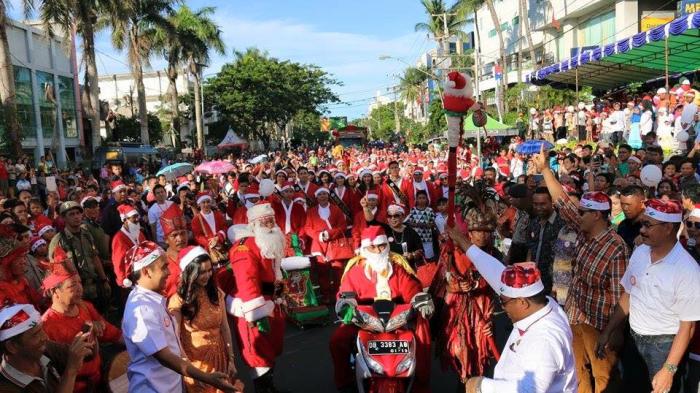
The Annual Manado Christmas Festival Santa Claus Parade
As a predominantly Christian region, Christmas is one of the biggest celebrations in North Sulawesi. Christmas events in North Sulawesi are not dissimilar from those in the Western world. Christmas trees are decorated, gifts are exchanged, and parties are thrown.
Whereas turkey is the traditional food in the West, at larger events and parties in North Sulawesi it is traditional to serve “babi putar” which is a whole roast pig that is cooked slowly, over an open fire.
Wondering how North Sulawesi celebrates Christmas compared to other countries? Explore unique traditions like “babi putar” and more in our guide to Christmas comparison in North Sulawesi.
Souvenirs
Manado is famous for its tasty desserts, cookies, and pastries. Souvenir boxes of sweet treats are available in most supermarkets in Manado. Other souvenir items include textiles – most of which are handwoven using techniques passed down from generation to generation.
Join us in North Sulawesi
Now you know a bit more about the culture of North Sulawesi, we hope you will come and experience this beautiful region for yourself!
Passport to Paradise
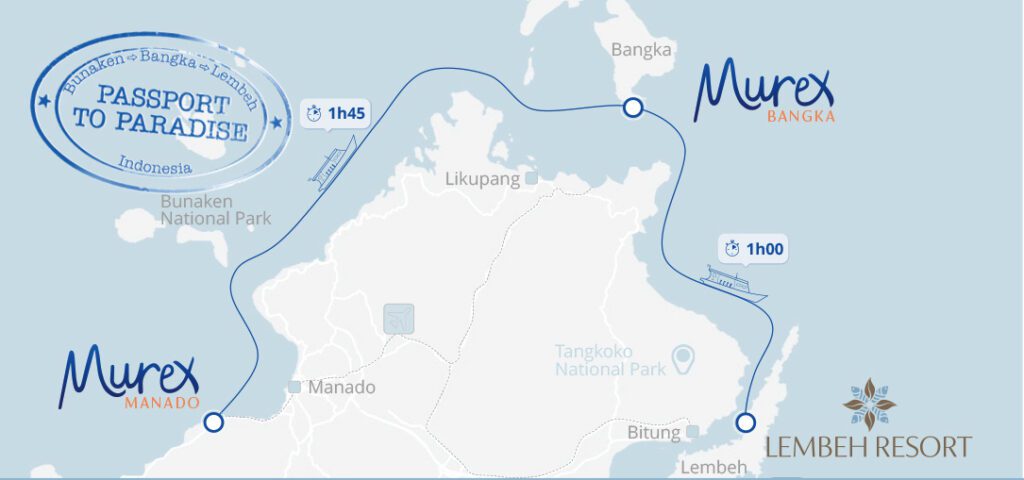
Three distinct destinations brought together by Passport to Paradise
To ensure you see as much of North Sulawesi as possible, why not join us for a Passport to Paradise? Instead of limiting yourself to one destination, you can explore all three of our distinct diving destinations in one easy and seamless trip: Bunaken, Bangka , and Lembeh.
No wasted travel time and even more time underwater as all of our resorts are connected by boat diving transfers. Simply dive your way from resort to resort and let us take care of the logistics.
Get in Touch
Contact us at reservations@murexresorts.com. You may also want to check out Murex Resorts’ rates and reserve your spot now.
We look forward to welcoming you to North Sulawesi and Murex Resorts!
Further Reading
If you enjoyed reading this, you may also be interested in some of our other recent articles:
Bunaken Island: an underwater paradise with diverse marine life
Explore the Best Areas for Diving in Sulawesi
Unveiling the wonders of marine mammals: a comprehensive guide


